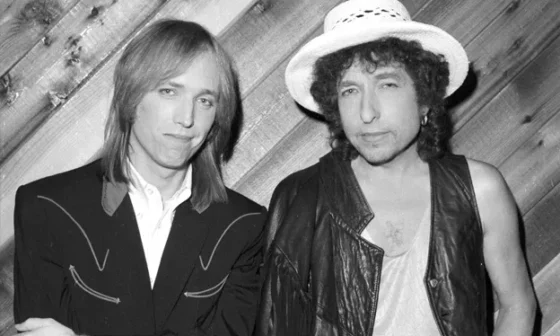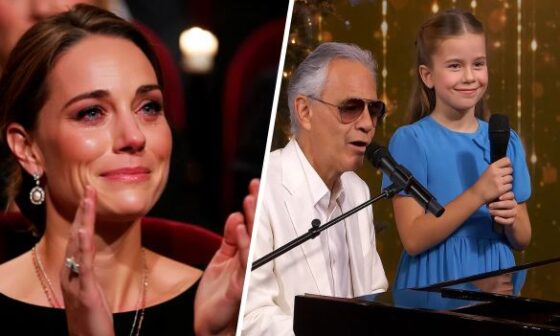On January 8, 1935, in a modest two-room house in Tupelo, Mississippi, Elvis Aaron Presley arrived 35 minutes after the stillbirth of his identical twin brother, Jesse Garon Presley. This heartbreaking loss, woven into the fabric of Elvis’s early life, cast a long, emotional shadow that followed him throughout his rise as the King of Rock ‘n’ Roll.
Historical records from Graceland and accounts compiled by sources like History.com confirm the tragedy. The surviving twin, raised by his parents Vernon and Gladys Presley in a single surviving twin shaped the emotional atmosphere of their close-knit working-class family in profound ways.
Psychologists who have studied Elvis’s life frequently point to the loss of Jesse as a key to understanding the King’s complex emotional world. Though Elvis never met his twin, he spoke often of Jesse’s presence—a silent companion he felt throughout his life. This invisible twin is widely believed to have fueled some of the emotional intensity and vulnerability that colored Elvis’s music and public persona.

The tragedy also influenced the dynamics within the Presley household, particularly between Elvis and his mother Gladys. Known for her deep protectiveness, Gladys’s bond with Elvis intensified after Jesse’s death, a factor often cited in shaping the singer’s upbringing and emotional development beyond his fame.
Beyond the personal, the story of Elvis and his lost twin brother has taken on cultural and communal meaning. Graceland now hosts annual memorials and gatherings for “twinless twins”—those who have lost siblings at birth or early in life—offering support and a space to grieve a unique form of loss. Through Elvis’s music, fans find a voice for their own silent grief, connecting with the King on a deeply emotional level.

The story of the Presley twins has even inspired popular culture, notably the 2014 film The Identical, which explores themes of twin identity and destiny. While the film received mixed reviews, it underscored the lasting fascination with Elvis’s twin tragedy and its place in his legacy.
Ultimately, the loss of Jesse Garon Presley was far more than a mere footnote in a biography—it was a defining event that shaped his emotional core, his family relationships, and his artistry. Though Elvis stood alone in the spotlight, he carried the memory of a twin who never had the chance to share the stage—a haunting presence that forever colored the life and legend of one of music’s greatest icons.






